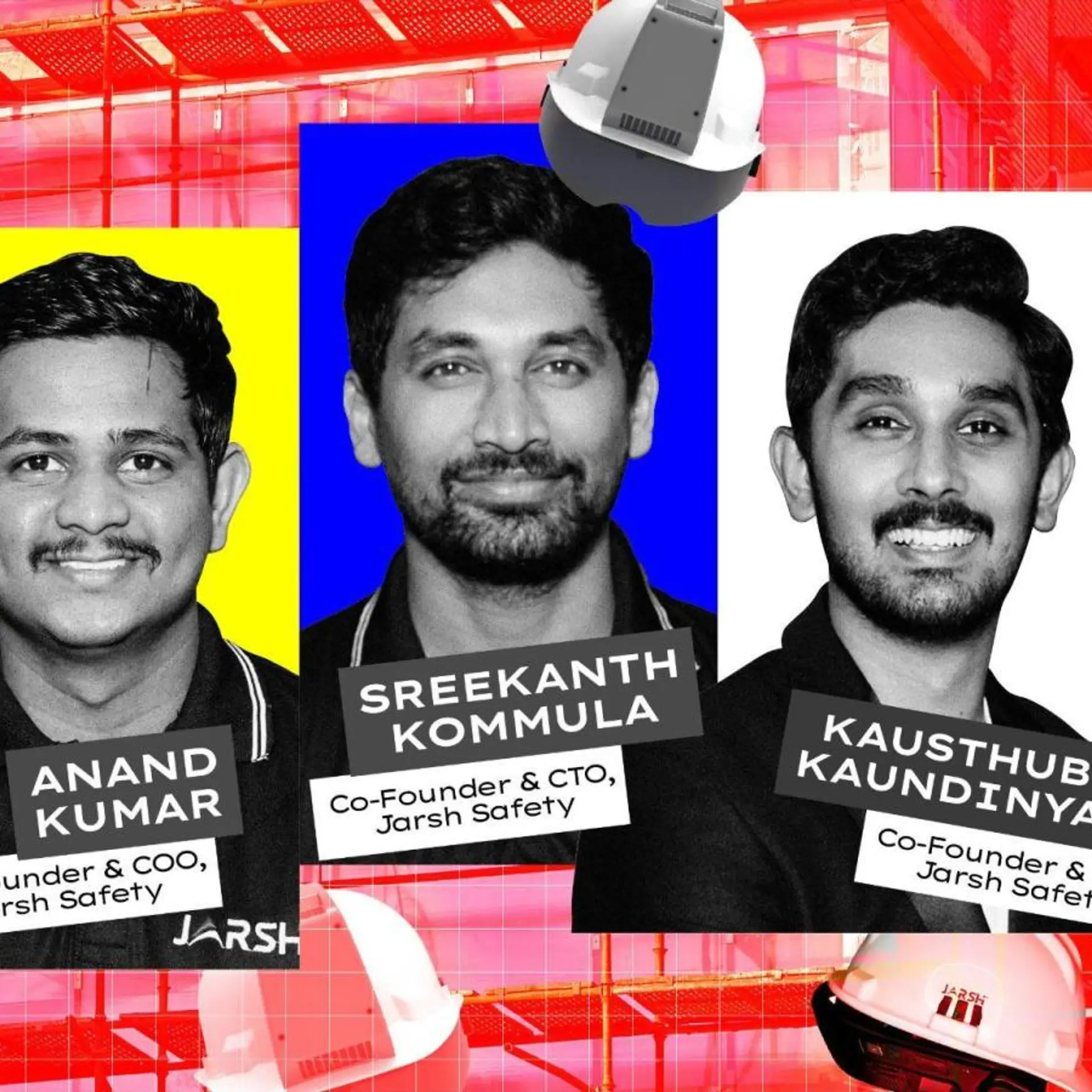Volvo Group opens second CampX facility in Bengaluru
CampX by Volvo Group has spawned 20 business ideas from the automaker's headquarters in Gothenburg, Sweden. Bengaluru will host the second CampX global facility.
In March 2019, the Volvo Group unveiled CampX at its headquarters in Gothenburg, Sweden. The facility was set up to attract the best technology ideas in transportation from startups and academic ecosystems.
CampX promised to accelerate collaborations as a customer that licensed the IP, or as an investor in a transportation-technology startup, or even by spinning off an entity in which the Volvo Group would be a strategic investor.
After two years, the CampX pipeline of business ideas has swelled to 20 partnerships. On Friday, the buses and commercial-vehicle manufacturer inaugurated its second CampX facility in Bengaluru.

The Volvo Group wants to use CampX in India to accelerate innovations by collaborating with external partners, including startups, suppliers, or academia.
The automotive manufacturer will connect the idea with the subject-matter expert(s) in the Volvo Group, who take a call on the viability of the idea from a company and/or transport-market standpoint.
How does CampX work?
There are three stages. The first is: Explore. Startups can go to CampX to discuss its product, after which a lean team assesses the business problem. This is where the Volvo Group ushers in the relevant subject-matter experts.
The second stage is: Validate. Based on the merit of the idea, the startup or software product developer can use the CampX premises—from its virtual reality, augmented reality, and electrical labs, to a test track at the bus manufacturing plant in Hoskote, which is an hour away from Bengaluru—to validate the idea.
The goal is to demonstrate a minimum viable product (MVP) or proof of concept (PoC). "The objective of the validation stage is to establish if what has been discussed can happen in reality," says KS Sudeendra Thirtha Koushik, Head and Director of CampX.
The third stage is: Implement. By now, CampX is ready to discuss the commercial aspects of the partnership that is mutually-beneficial for the startup and the Volvo Group.

Vishwanath says the CampX site in Sweden gathered nearly 1,000 of the Volvo Group's technical and business experts in automation, connectivity and electromobility in one workplace to work on new projects.
"We plan to replicate the same environment in Bengaluru, and invite partners to join us in shaping the future of the transport industry,” he added.
The Volvo Group has more than 3,500 employees, apart from a joint venture with Eicher Group, in India.
CampX's three thrust areas are automation to develop commercial transport solutions, connectivity to augment transport and resource-efficiency through optimised traffic flows and higher utilisation of existing infrastructure, and electromobility to make automotive systems that make roads and cities less noisy and polluted.






